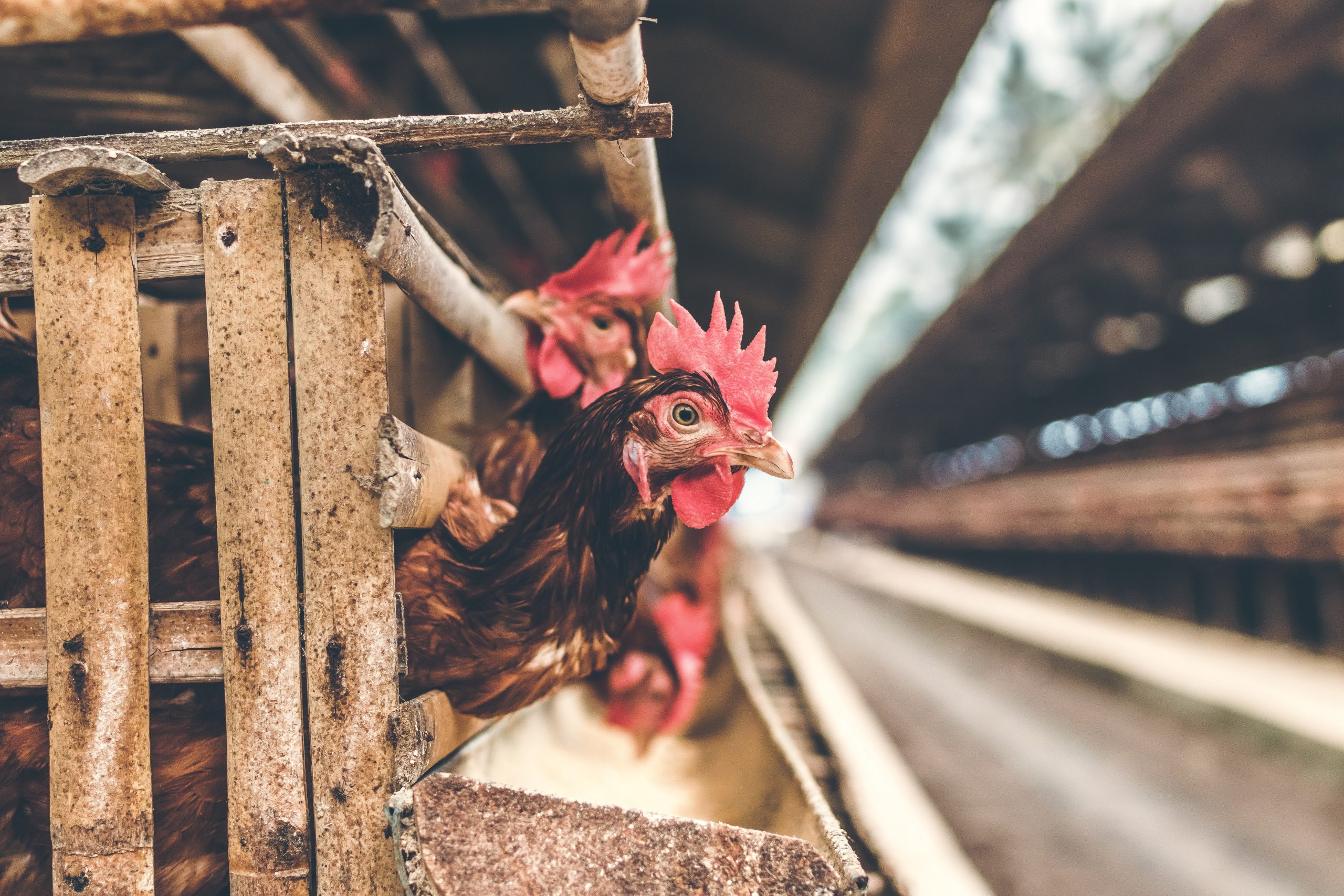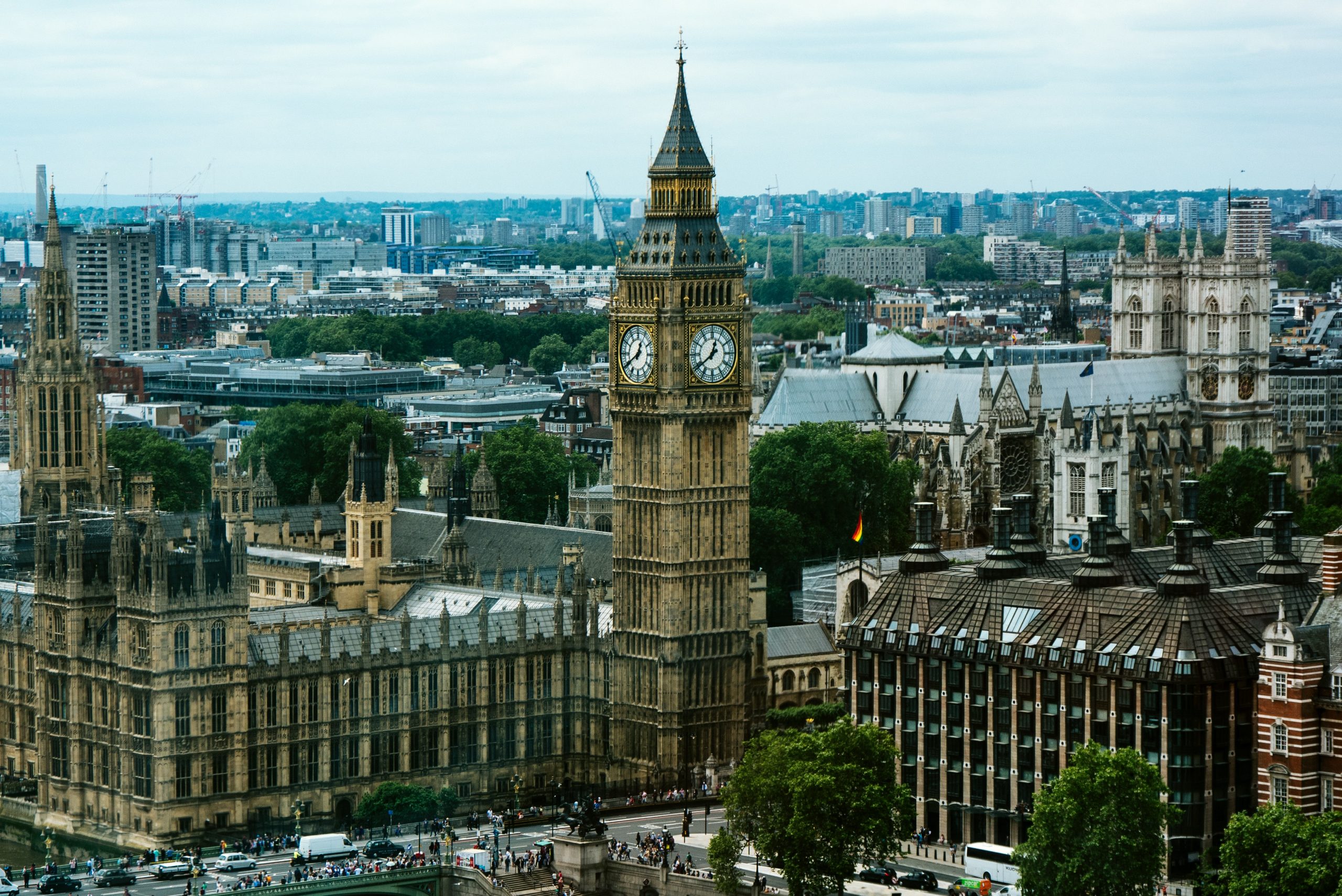Photo by Artem Beliaikin on Unsplash Production of boiler chickens (those raised for their meat, not eggs) in the US...
PBS News Hour: “The Cascading Economic Effects of Plummeting Oil Prices”
The fallout from the global COVID-19 pandemic continued this week as oil prices plunged below zero. In a highly unusual situation, producers were quite literally paying buyers to take excess supplies. The crisis came as global demand for oil continued to be at record lows as government mandated shutdowns kept businesses closed and consumers at home in nearly every country in the world. Despite a recent agreement among OPEC + producers to reduce production by 10 percent, the glut of oil on the market was significant. With storage options all but exhausted and no easy way to simply stop production, it is unclear just what will happen next. Prices will almost certainly stay low though, even as the global economy begins to reopen, at least until existing excess supplies work their way through the system. Just how long it will take for demand to return to pre-COVID-19 levels is uncertain as signs that the world may be in for a prolonged recessionary period continue to grow.










